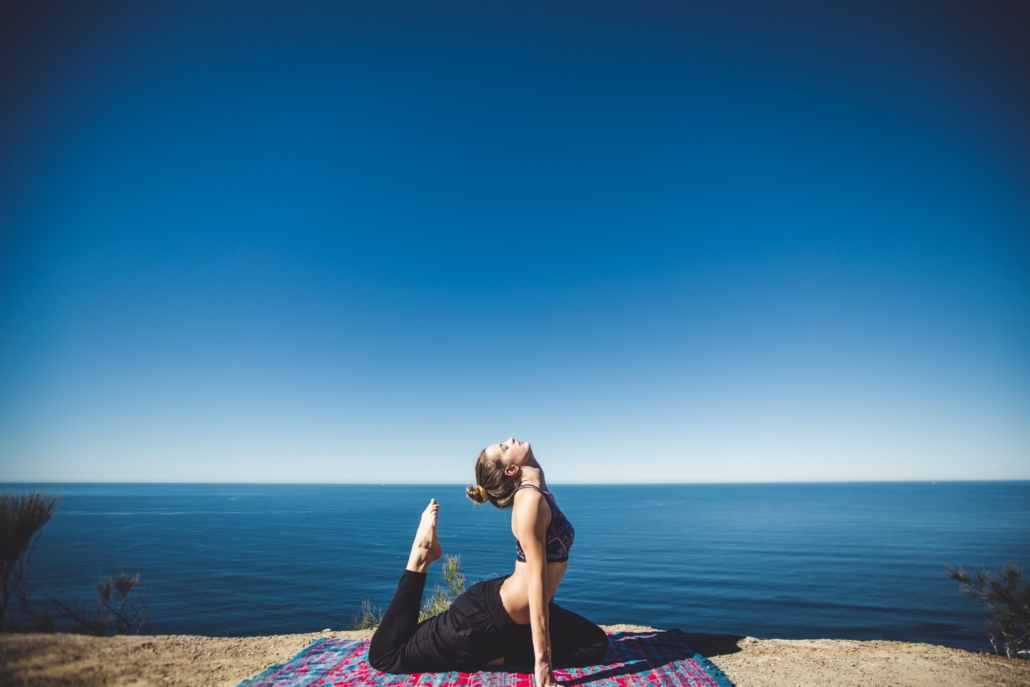How to Deal with Anxiety – 9 Effective Strategies That Will Help You

Individuals living with severe anxiety do not have to let their anxiety disorders control their lives or live in fear of triggers and panic attacks. They can learn how to deal with anxiety and break free by working with a doctor and/or therapist and practicing at-home strategies for stress management. Talk with your healthcare professional about medical treatment for anxiety and steps to improve your everyday life.
How to Deal with Anxiety: Professional Treatment and Do It Yourself Coping Strategies.
Professional Treatment
Patients suffering from anxiety disorders usually find the most success with a combination of medication and psychotherapy (talk therapy or cognitive behavior therapy).
DIY Strategies for Coping
- Recognize Triggers – Learn to recognize anxiety triggers. Know what happens when you have an anxiety attack or if you are suffering from an anxiety disorder. Then, you can avoid them or at least better control how you encounter them.
- Practice – Safely expose yourself to triggers repeatedly, until they no longer have the same effect. Afraid of elevators? Ride one, up and down, until you focus on doing something else, rather than your fear of the elevator.
- Balanced Diet – Eat a healthy diet of fresh fruits and vegetables, whole grains and lean protein to minimize inflammation and maximize nutrition. Fueling your body with unhealthy fats, processed carbohydrates, sugar and chemicals is like trying to run a car on maple syrup; it fills the tank, but it won’t make the wheels turn.
- Exercise – Breaking a sweat at the gym, on the trail or in a swimming pool triggers the release of feel-good hormones, inducing happiness, confidence and balancing mood (not to mention exercise’s countless other health benefits).
- Meditation – Practice mindfulness meditation to train your brain to use its powers for good, rather than anxiety.
- Regular Sleep – Getting regular good quality sleep will regulate your body’s natural cycles, metabolism, hormones, and mood. Practice impeccable sleep hygiene with a routine bedtime and wake up time. Even on the weekends, try not to vary your sleep cycle more than about thirty minutes.
- Limit Alcohol and Caffeine – A depressive and stimulant, respectively, alcohol and caffeine disrupt your body’s natural chemistry. Avoid drinking excessive amounts of either. Limit yourself to one or two cups of coffee in the morning and drink alcohol sparingly (if at all).
- Breathing/Counting Exercises – Learn to calm yourself during moments of stress. Breath deeply through your nose and exhale slowly through pursed lips while counting backward from ten. Repeat until you sense your anxiety receding.
- Support a Good Cause – Devoting time to a cause you care about will release positive feelings and also help you regain a sense of control. Seeing the major impact of small deeds will empower you to continue making a positive difference in the world.
Settle into a Routine for Successful Anxiety Management
When it comes to managing an anxiety disorder, balance and routine are essential. If you cultivate a healthy lifestyle, listen to your health care team, take medications as prescribed, and cultivate best practices on how to take your anxiety medication, you will be less likely to experience heightened anxiety. Instead, you will learn how to deal with anxiety or feelings of being overwhelmed or panic attacks when life does throw you the occasional curve ball.
When working with a doctor, therapist or both to manage anxiety, you should always talk with your healthcare providers before making any changes to your medications, diet or lifestyle.
